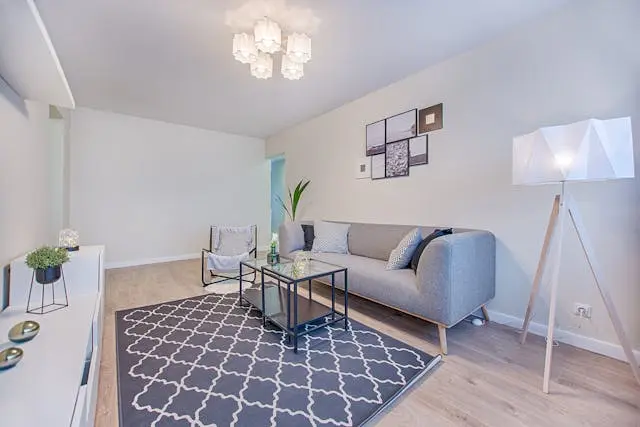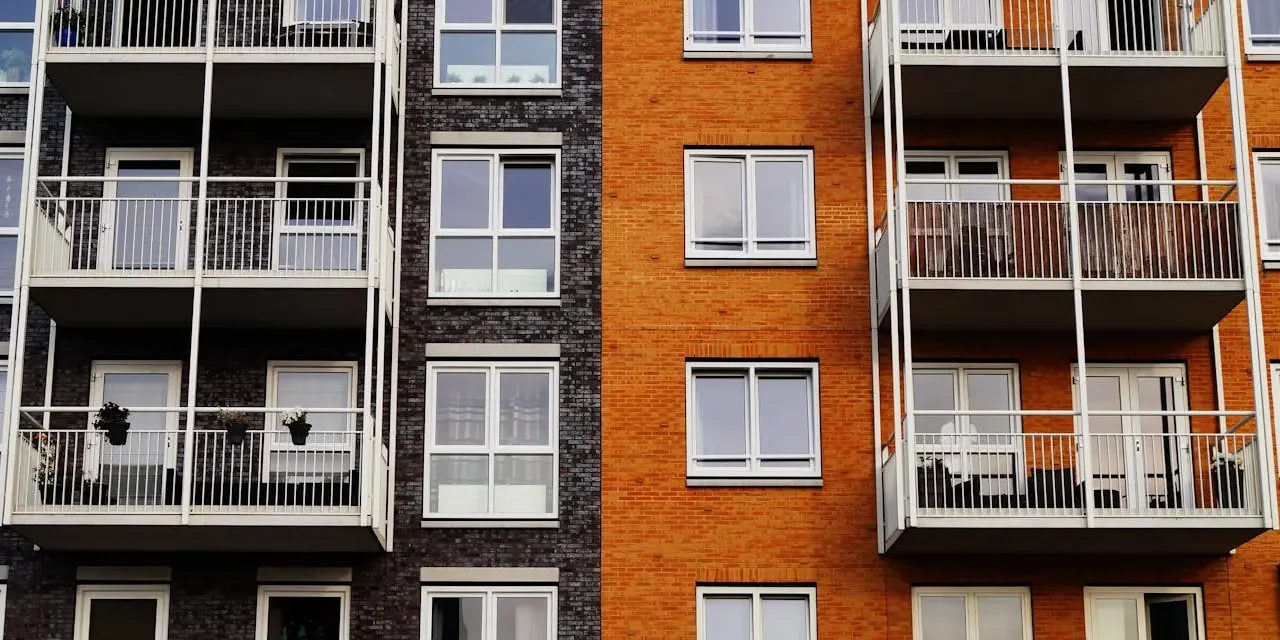The purchase of a condominium is an important decision that can provide many advantages, but requires a deep reflection. The condominium implies the exchange of certain common areas and the accompanying responsibilities. However, many buyers make current mistakes that can cause long -term complications.
Discover the most frequent mistakes when buying a condominium and provides advice to avoid them.
Neglect the study of coefficient regulations
Co -ownership property regulations are an essential document that defines the rights and obligations of each coeuter. This document contains information about the common parts, the rules of life, positions and management methods.
Why is it important?
Many buyers make the mistake of not reading this payment carefully before buying. This can lead to unpleasant surprises, such as restrictions on the use of certain common areas or specific renewal or maintenance obligations.
Support statistics: According to a study by Anah (National Housing Agency), 28 % of condominium disputes are due to a poor understanding of coefficient -owned regulations, often linked to restrictions not respected by new buyers.
Advice : Take the time to carefully read the co -ownership regulations and make sure you understand all clauses. If necessary, request the advice of a specialized lawyer to avoid any misinterpretation.
Underestimate co -ownership charges
Co -ownership charges include management costs, maintenance of common areas (elevators, green spaces, etc.) and sometimes provisions for future works. Understanding these charges is a frequent mistake that can considerably increase the budget of a home.
Why is it important?
If you do not take into account the charges of coefficient in your budget, you can face financial difficulties once the owner. In addition, these positions may vary according to the state of the building and administrator management.
Support statistics: A study by FNAIM (National Federation of Real Estate) reveals that 34 % of buyers underestimate annual co -ownership positions, which often leads to frustrations and financial difficulties.
Advice : Analyze the load statements of previous years and request an estimate of future charges to avoid unpleasant surprises. Also pay attention to the state of common areas and the existence of a work fund, which can influence future costs.
Do not take into account the work to come
When buying a condominium, it is crucial to find out about the planned or necessary work in the building. Many buyers neglect this aspect, thinking that only private pieces concern them.
Why is it important?
Renewal or update work (such as accessibility or energy renewal) can represent significant costs for co -owners. If the work is scheduled shortly after its acquisition, you may be forced to participate in important expenses.
Support statistics: According to a research from UFC-Q, about 42 % of the new co-owners have faced an important work not manned within two years after their purchase.
Advice : When you buy, request information from the administrator or the seller about recent and future information. Check if decisions have been made in the General Assembly on the main renovations and analyze the reports of the latest general meetings to better understand work discussions and decisions.
Ignore condominium financial health
The condominium financial statement is a key indicator of its good management. A condominium in financial difficulty can lead to an increase in positions or an inability to carry out the necessary work.
Why is it important?
Good financial health is able to manage current expenses and anticipate future work. On the other hand, a indebted or poorly managed condominium can be a real load for co -owners, with loads that increase unpredictably.
Support statistics: According to the Association of Condominium Managers (ARC), around 15 % of condominiums in France experience significant financial difficulties, often due to poor budget management or unpaid co -owners.
Advice : Request to consult the condominium accounts and analyze the financial management of previous years. Also verify the unpaid rate among the co -owners, since a high rate can report poor financial health of the condominium.

Underestimate the importance of condominium administrator
The administrator plays a key role in condominium management. It is responsible for the maintenance of common areas, accounts management and the execution of decisions taken at the General Meeting. Ignoring the role and quality of this administrator is a mistake that many buyers make.
Why is it important?
An ineffective or poorly organized administrator can lead to work delays, errors in financial management and a progressive deterioration of the building. Therefore, it is crucial to find out about the quality of the administrator instead before buying.
Support statistics: A 2022 survey conducted by the Bestcopro site shows that 23 % of the co -owners are not satisfied with their administrator, citing problems of reactivity, transparency or unjustified increase in the charges.
Advice : Request information about the current administrator, your reputation and management history. You can also question other co -owners to get your comments. If the administrator is poorly perceived or ineffective, this can be an alert signal.
Do not verify the building status
Many buyers focus exclusively on the state of the accommodation they buy, without paying attention to the general condition of the building. However, a building in poor condition can lead to unforeseen expenses and a devaluation of the investment.
Why is it important?
A poorly maintained building can hide significant structural problems (leaks, isolation problems, etc.) that will generate high renewal costs in the future. In addition, a ruin building can affect the quality of life of the inhabitants and the resale value of the property.
Support statistics: The Anil (National Housing Information Agency) indicates that 12 % of condominiums in France are in a state of “fragility”, which requires urgent work to avoid more serious deterioration.
Advice : Make a deep visit to the common areas, inspect the general condition of the building (facade, roof, plumbing, electricity, etc.) and ask if technical diagnoses have recently been made.
The purchase of a condominium is a decision that must be made carefully, avoiding current mistakes that may have strong financial and practical consequences. When carefully studying co -ownership property regulations, taking into account future positions and jobs, and verifying the financial management of the condominium, can avoid many difficulties. It is also attentive to the state of the building and the quality of the administrator to guarantee the sustainability of its investment.





